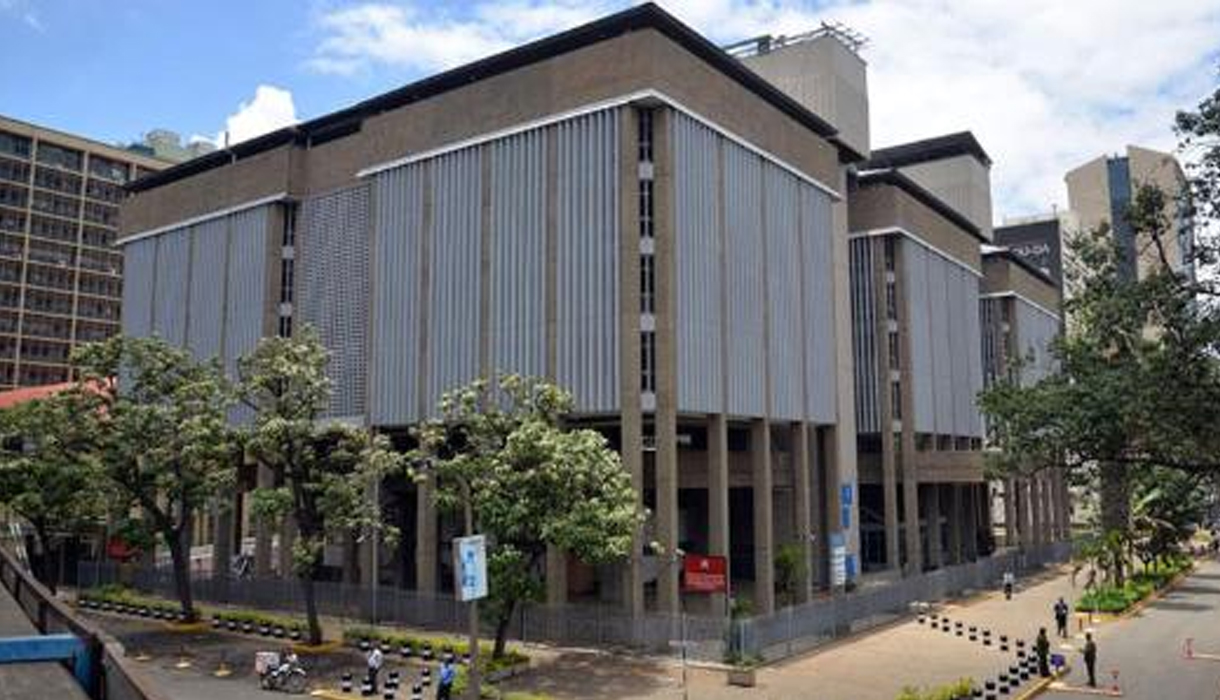Loan defaulters are now bracing themselves for run-ins with creditors following the lapse of the six-month grace period of suspension of Credit Reference Bureau (CRB) listing.
The grace period is set to expire on Wednesday while the Central Bank of Kenya (CBK) is yet to issue any communication regarding the matter.
This means that if the CBK won’t have issued further guidelines on the issue by then, lenders including banks, Saccos, and microfinance institutions will be at liberty to share details of defaulters with CRBs at a time when many Kenyan businesses are struggling due to COVID-19.
To cushion Kenyans from the effects of the COVID-19 Pandemic, the CBK in April announced a raft of measures that included the CRB freeze.
“On the recommendation of CBK, the Cabinet Secretary for the National Treasury and Planning has published by Gazette Notice No. 3096 of April 8, 2020, the suspension for a period of six months, the listing of negative credit information for borrowers whose loans were performing previously but have become non-performing from April 1, 2020,” read a statement issued by CBK.
“Consequently, loans that fall in arrears from April 1 to September 30, 2020, will not lead to the “blacklisting” of the borrower on the CRBs,” the statement further read.
This will come as a blow to Kenyans as millions of Kenyans have been blacklisted for defaulting on their loans.
Data posted by CBK shows Non-Performing Loans (NPLs) jumped from Ksh379.9 billion in June from Ksh349.9 billion at the end of February.
A report published by Microsave Consultancy in July 2019 showed that more than 2.7 million Kenyans had been blacklisted by CRBs for defaulting on loans advanced to them by different micro lenders operating in the country.
The report dubbed Customer Experience of Digital Credit in Kenya showed that more Kenyans were having their credit scores degraded over huge appetite for quick loans.
“Over 2.7 million Kenyans have been reported to a credit bureau with a negative listing for late repayment or default. However, more research is needed to better understand the role of digital loans in contributing to the recent rise in banking sector’s bad loans,” read the report.
Credit Information Sharing Association of Kenya CEO Jared Getanga says communication from CBK is yet to be issued.
“We are waiting for the CBK to provide guidance, the matter is in their hands. It cannot just happen automatically because some aspects of resumption need guidance,” he said.













Leave a comment